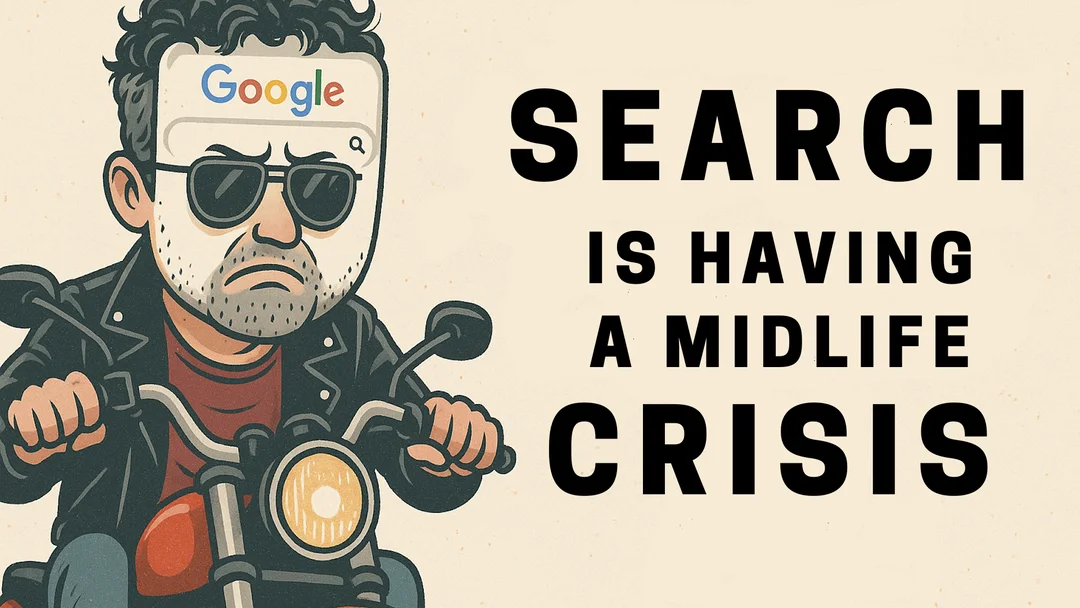
Is AI Poised to Replace Google? Experts Weigh In on the Future of Search
For years, Google has reigned supreme as the go-to search engine, a habit so ingrained that "Googling it" became synonymous with searching online. However, the landscape is shifting. Recent data shows Google Search's market share dipping below 90%, a milestone that has ignited discussions about the future of search and the growing influence of AI.
Elon Musk, never one to shy away from a bold prediction, suggests that AI will ultimately render traditional search obsolete. His comment came in response to reports of Google's market share decline, with Musk pointing to his own AI platform, Grok, as a potential disruptor. 
The allure of AI-powered search lies in its convenience. Instead of sifting through numerous website results, users can receive direct answers tailored to their queries. But AI search isn't without its flaws. As noted by tech enthusiast Jowi Morales, AI can "hallucinate" and provide incorrect information. This highlights the importance of verifying AI-generated responses rather than accepting them at face value. He also raises concerns about the potential for ads infiltrating AI search to offset operational costs.
The drop in Google’s search share coincides with significant antitrust challenges the company is facing. This may force Google to change business practices, allowing other platforms to gain market share. As Meghan Loyst notes, Google’s dominance is being challenged by services like ChatGPT. She highlights that even platforms such as TikTok, and Perplexity are proving popular, particularly amongst younger generations.
In this new era, businesses need to understand that search transcends Google. As the author of one article points out "your audience exists across multiple touchpoints from traditional search engines, i.e., from Bing and Google to AI chatbots, from social platforms to specialized marketplaces like Amazon, etc." The shift emphasizes the importance of an omnichannel SEO strategy.
The changing customer journey requires businesses to be visible across a diverse digital landscape. Consider Claudia, for example, who consulted ChatGPT, Pinterest, Reddit, YouTube, and Google while searching for kitchen design ideas. To succeed in this ecosystem, staying ahead of trends and experimenting with different platforms are essential.
Ultimately, success in the evolving search landscape requires a balance between optimizing for Google and adopting an omnichannel strategy.
As search engines evolve, brands that are discoverable, credible, and helpful will thrive. What strategies are you employing to prepare for the future of search? Share your thoughts in the comments below!